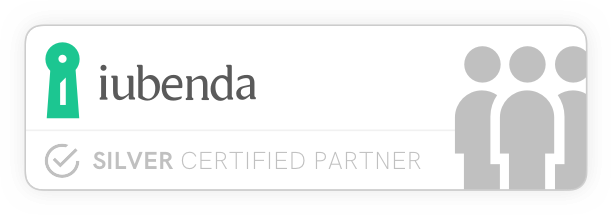So, everybody’s talking about it. Thanks to the actions of web giants Google and Wikipedia among many others, SOPA (Stop Online Piracy Act) has been brought to everyone’s attention. But what the devil is it? Do we really understand it? Why all the fuss? Is it really such a big deal?
There is a whole lot of techy guff on the web, which inevitably dissuades non geek speak folk from learning about it and perhaps makes one assume that it won’t be an issue for you, but hang on! If you are an Internet user in any capacity, this WILL affect you. But panic not! We have chewed it up and digested it and set it out in handy bite sized pieces so that you can get the down low on some of the major issues and controversies surrounding it. We’re nice like that.
Now just bear in mind that this issue is huge and the potential problems it throws up could fill several blogs. I have really pared it down but have included links to more in depth analysis, y’know if you’re into it. Take a few minutes, have read and see what you think about it all…
The legislation that members of the US government are proposing is, on paper, a way of protecting US property and preventing fraud, ie: laws to stop the sales or theft of movies, music and counterfeit goods. Sounds fair enough I hear you say. The problem is in the law itself and the repercussions it poses. Where the law would work, is if for example, a website operating from overseas was selling to the American online market counterfeit goods or enabling the theft of copyright property. These laws would allow the US government to force the website’s US providers (the domain server host, payment facilities or advertising network) to cut the web site off, effectively making it disappear from the Internet.
But oh no, it just isn’t that simple. There are many issues that arise because of this law which could also affect fair and honest web site users. There are some key phrases used within the legislation which make the whole thing rather unfair and threaten to change the web as we know it – the freedom of speech and opinion, as well as the access to knowledge and information that we all currently take for granted.
Engage in, enable, or facilitate
Lets say that you have a blog or social network, a photo or video sharing site or a website with an open forum or message board and one of your users expresses an opinion, or links to another website that could be deemed as engaging in, enabling or facilitating internet theft. Perhaps they upload a photograph or a piece of artwork that they don’t own the rights to. That’s it, they can take action to remove your website, away from view of your potential customers or viewers… Just like that!
It’s very much a shoot first; think later approach and small businesses will suffer. It can very expensive to defend yourself legally and without the budget to put precautions in place, the whole freedom of Internet business is lost. It will discourage web site owners from linking to other sites for fear of association, effectively curbing communication, information sharing and innovation.
What’s slightly more disturbing is the Misrepresentation section of the legislation.
Knowingly materially misrepresents
In layman’s terms, this section means that lets say your website was wrongfully taken down, and you lost revenue because of this (in some cases, lets say Facebook for example, a few days of lost revenue could be millions perhaps billions of dollars) the government could not be counter-sued because they may only have thought that your web site was infringing laws. They have well and truly covered their rotund American butts.
How can this be I hear you cry? What fools would even suggest that such laws would be viable? Well, the main supporters of SOPA are The US chamber of Commerce, the MPAA (Motion Picture Association of America) and the Recording Industry Association of America. The movie industry, the music industry and the chamber of commerce. All of whom seem to be very much in bed together, quaffing champagne, splashing ridiculous amounts of cash around and complaining about how many jobs are threatened by copyright violations on the web. There has been much controversial talk of back handers and major financial influence affecting the decisions being made within the government.
Now yes I am a little biased, but I do appreciate that something needs to be done to protect these industries and their copyright laws. But is SOPA really the answer? I think not. Yes, many jobs are threatened by these infringements but how many more will be threatened by this law being enforced? The main problem is that the law is too vague and the wording used allows a ridiculous amount of power and restriction. How can the American government be allowed to make these decisions? Decisions that affect every single person who uses the free Internet as we know it? This law, if passed will literally change the world. So yes, it’s kind of a big deal.
Many people who support SOPA hold the majority vote where it really counts. The law
In the (slightly modernised) words of Mel Gibson – “They can take our illegal downloads but they’ll never take our freedom!”



